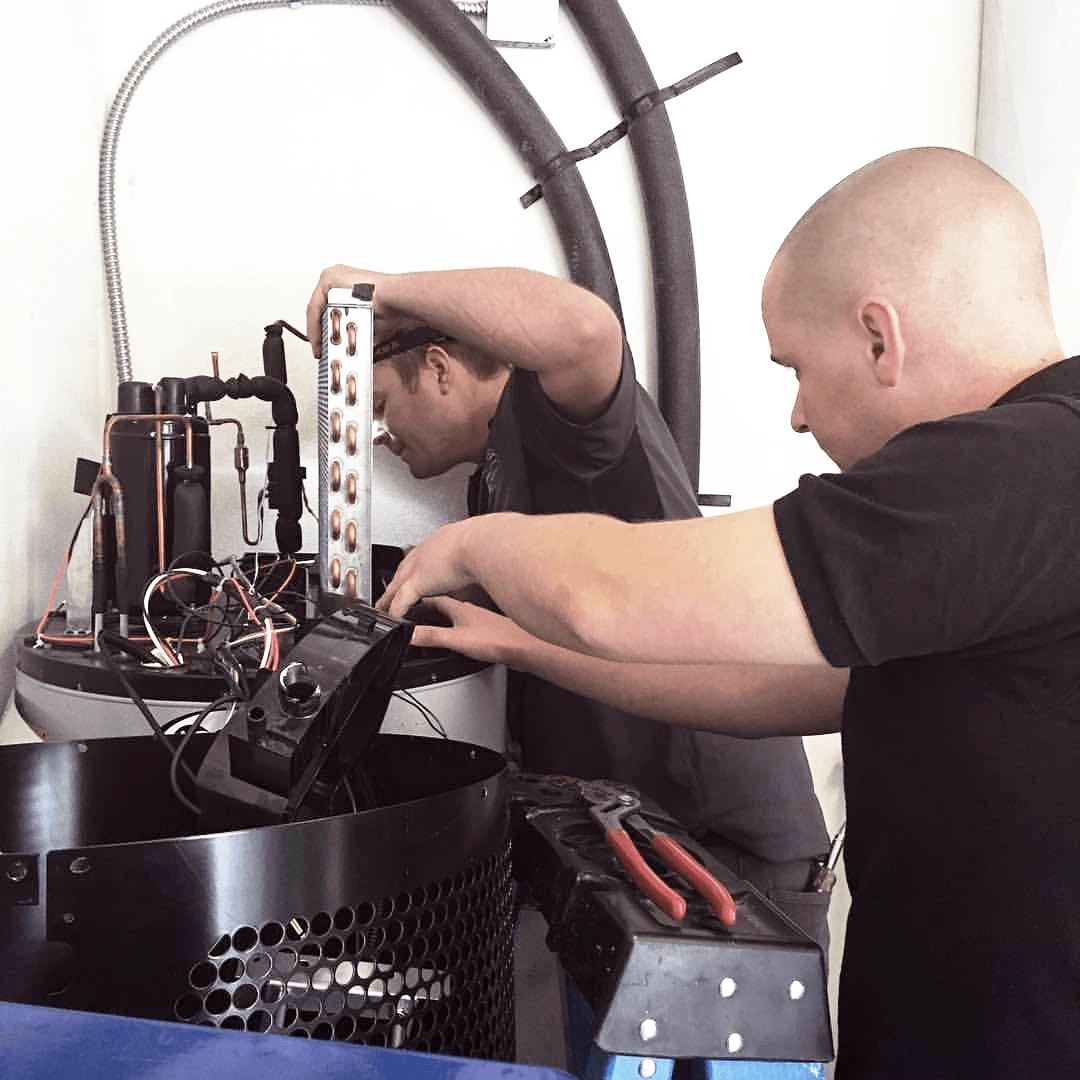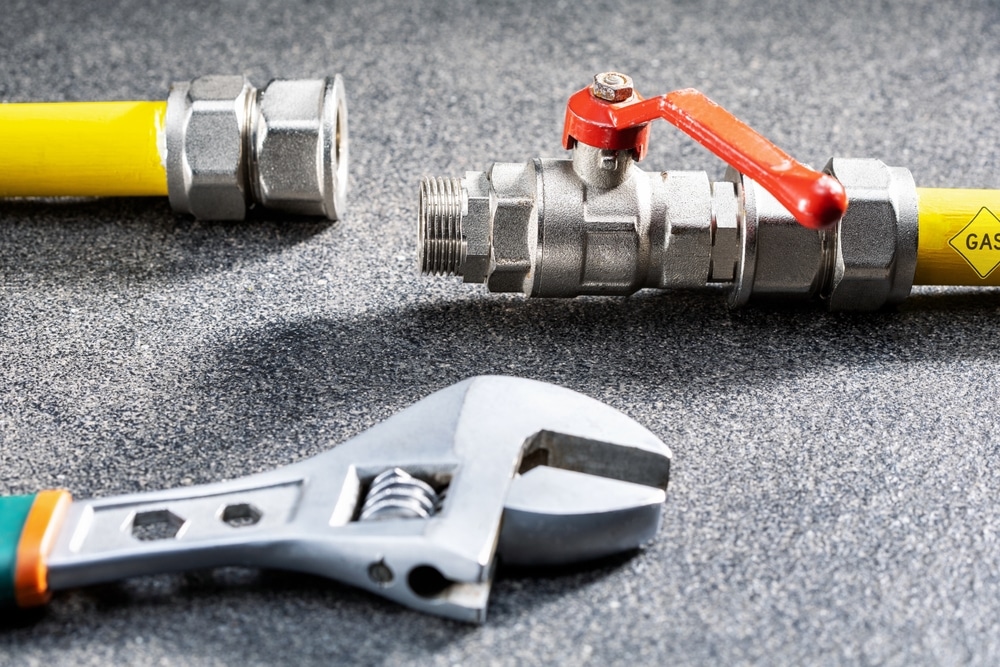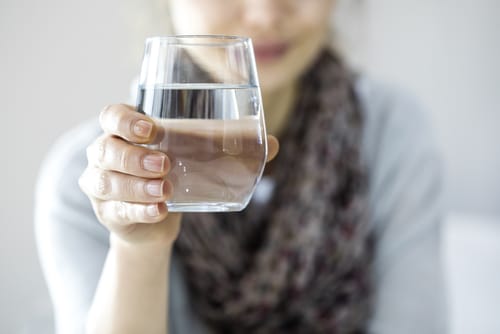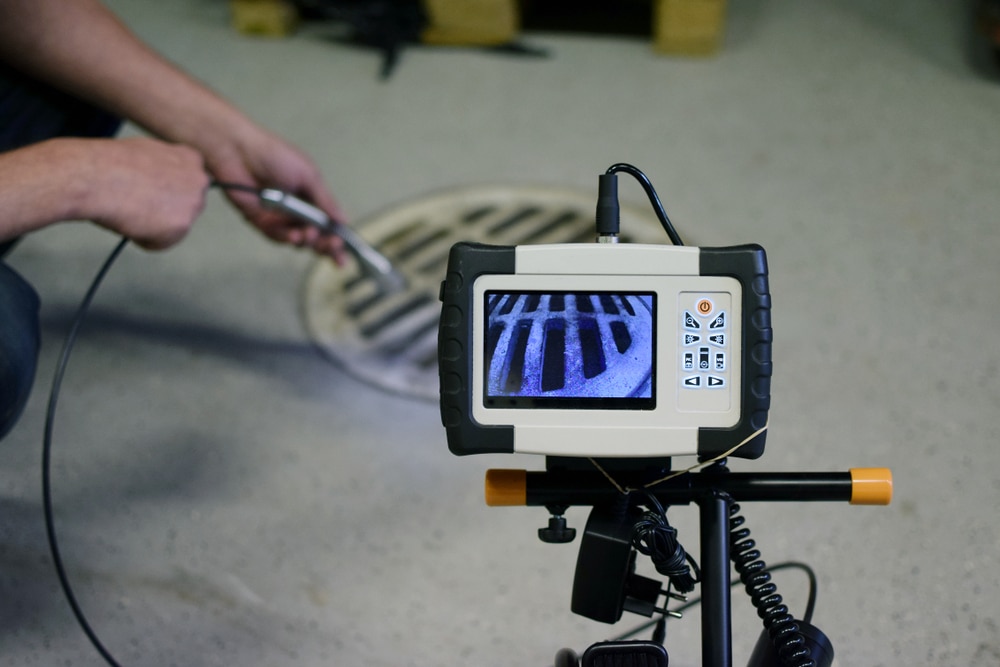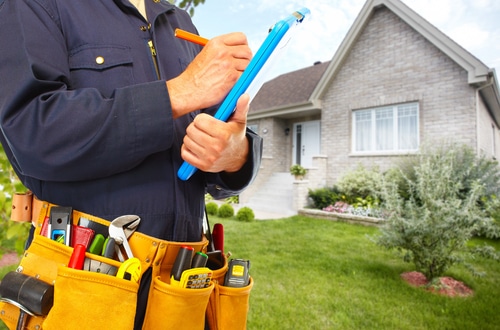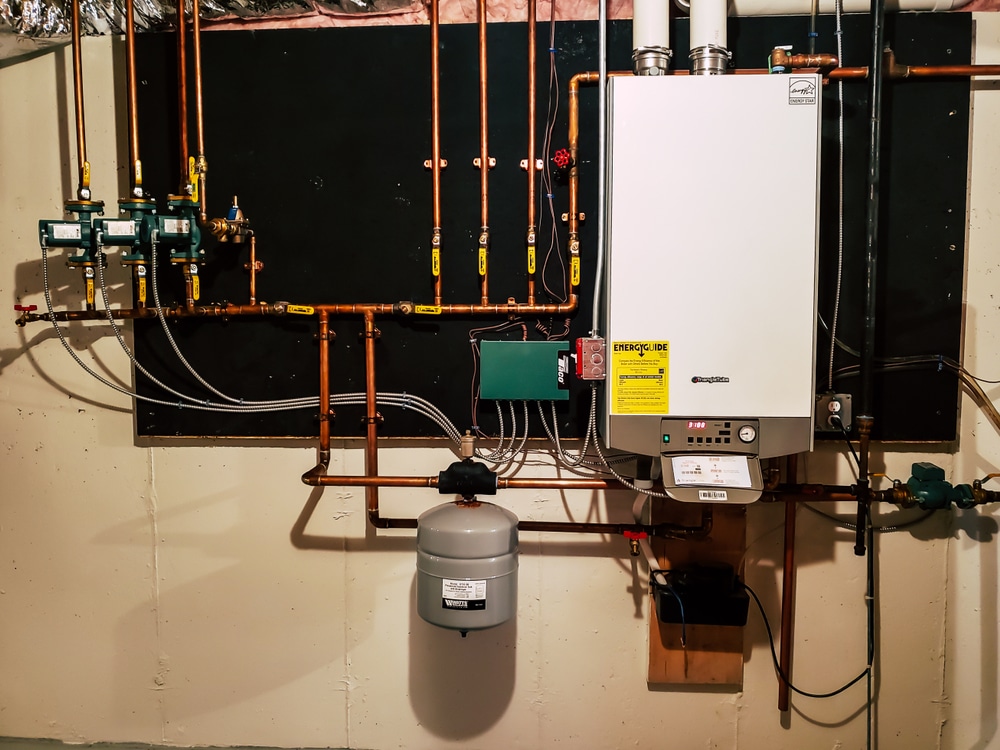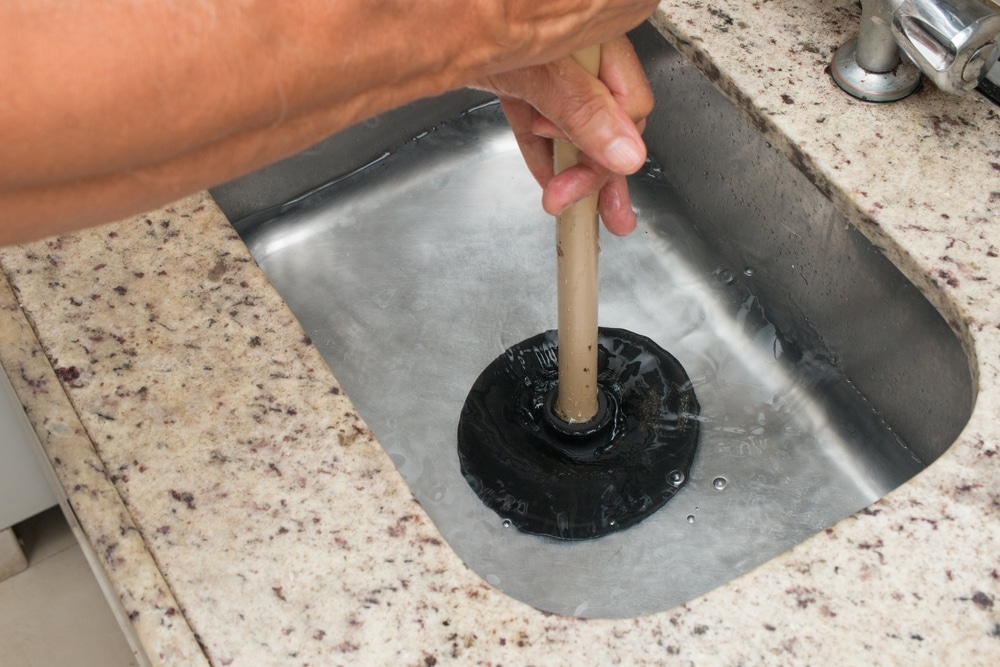Water is one of the most essential components of life. It is the most widely used resource in the world, with over 70% of the earth’s surface covered by water. However, not all water sources are safe to drink. With increasing pollution levels and environmental degradation, it has become essential to ensure that the water we consume is free from harmful contaminants. This is where water filtration systems come into play. These systems have evolved over the years, and today, there are various types of water filtration systems available in the market. But how do these systems actually work? What makes them effective in removing impurities from water? In this comprehensive guide, we’ll explore the different types of water filtration systems and delve into the science behind their functioning. From reverse osmosis to activated carbon filters, we’ll cover it all. So, buckle up and get ready to learn about the fascinating world of water filtration systems, and how they turn dirty water into drinkable, pure water.
Types of Water Filtration Systems
There are various types of water filtration systems available in the market, each with its unique benefits and drawbacks. The most common types of water filtration systems are activated carbon filters, reverse osmosis systems, ultraviolet (UV) filters, and ceramic filters.
Activated carbon filters are one of the most popular types of water filtration systems. They are made up of activated carbon, which is a form of carbon that has been treated with oxygen to open up millions of tiny pores between the carbon atoms. These tiny pores absorb impurities and contaminants, leaving behind clean and pure water. Activated carbon filters are effective in removing chlorine, sediment, volatile organic compounds (VOCs), and bad taste and odor from water.
Reverse osmosis (RO) systems are another popular type of water filtration system. These systems use a semi-permeable membrane to remove impurities from water. The membrane only allows pure water molecules to pass through, while blocking the impurities. RO systems are effective in removing dissolved solids, heavy metals, and other contaminants from water. However, they are not effective in removing bacteria and viruses.
UV filters use ultraviolet light to kill bacteria and viruses in water. The UV light damages the DNA of the microorganisms, rendering them unable to reproduce and infect humans. UV filters are effective in killing bacteria and viruses, but they do not remove other impurities from water.
Ceramic filters are made up of small, porous ceramic balls that trap impurities and contaminants. These filters are effective in removing bacteria, sediment, and other impurities from water. However, they are not effective in removing dissolved solids and heavy metals.
How Do Water Filtration Systems Work?
Water filtration systems work by using various techniques to remove impurities and contaminants from water. The most common techniques used in water filtration systems are physical filtration, chemical filtration, and biological filtration.
Physical filtration involves using a physical barrier to trap impurities and contaminants. This technique is used in ceramic filters, which trap impurities in the small, porous ceramic balls. Physical filtration is also used in reverse osmosis systems, which use a semi-permeable membrane to trap impurities and contaminants.
Chemical filtration involves using chemicals to remove impurities and contaminants from water. This technique is used in activated carbon filters, which use activated carbon to absorb impurities and contaminants. Chemical filtration is also used in ion exchange filters, which use ion exchange resins to remove dissolved solids from water.
Biological filtration involves using bacteria to remove impurities and contaminants from water. This technique is used in bio-sand filters, which use a layer of sand to trap impurities and a layer of bacteria to break down organic matter. Biological filtration is also used in slow sand filters, which use a layer of sand and bacteria to remove impurities and contaminants from water.
Understanding the Water Filtration Process
The water filtration process involves several stages, each designed to remove specific impurities and contaminants from water. The most common stages in the water filtration process are pre-filtration, primary filtration, and post-filtration.
Pre-filtration involves removing large particles and sediment from water before it enters the main filtration system. This is done to prevent clogging of the filtration system and to extend the life of the filters.
Primary filtration involves removing impurities and contaminants from water using the main filtration system. This is done using various techniques, such as physical filtration, chemical filtration, and biological filtration.
Post-filtration involves adding minerals and nutrients back into the water to improve its taste and quality. This is done using a mineralization filter, which adds essential minerals such as calcium and magnesium back into the water.
Factors to Consider When Choosing a Water Filtration System
When choosing a water filtration system, there are several factors that you should consider. These include the type of contaminants in your water, the size of your household, and your budget.
If your water is contaminated with bacteria and viruses, you should choose a water filtration system that includes a UV filter. If your water is contaminated with dissolved solids and heavy metals, you should choose a water filtration system that includes a reverse osmosis system. If you are on a tight budget, you should choose a water filtration system that is affordable and easy to maintain.
Benefits of Using a Water Filtration System
There are several benefits to using a water filtration system. These include improved taste and quality of water, removal of harmful contaminants, and cost savings.
Water filtration systems remove impurities and contaminants from water, improving its taste and quality. This makes it more enjoyable to drink and cook with. Water filtration systems also remove harmful contaminants such as bacteria, viruses, and heavy metals, making it safe to drink.
In addition to these benefits, water filtration systems can also help you save money. Bottled water is expensive, and using a water filtration system can save you money in the long run. It also reduces the amount of plastic waste that is generated from bottled water.
Water Filtration System Maintenance
Water filtration systems require regular maintenance to ensure that they continue to function properly. This includes replacing filters, cleaning the system, and checking for leaks.
The frequency of maintenance depends on the type of water filtration system you have and the quality of your water. In general, you should replace filters every 6-12 months, clean the system every 3-6 months, and check for leaks regularly.
Common Misconceptions About Water Filtration Systems
There are several common misconceptions about water filtration systems. One of the most common misconceptions is that all water filtration systems are the same. This is not true, as different types of water filtration systems use different techniques to remove impurities and contaminants from water.
Another common misconception is that water filtration systems remove all impurities and contaminants from water. While water filtration systems are effective in removing many impurities and contaminants, they may not remove all of them. It is important to choose a water filtration system that is appropriate for the type of contaminants in your water.
Conclusion
Water filtration systems are an essential tool in ensuring that the water we consume is safe and free from harmful contaminants. They use various techniques to remove impurities and contaminants from water, making it pure and drinkable. Understanding the different types of water filtration systems and their functioning can help you choose the best system for your needs. So, whether you are looking for a simple pitcher filter or a high-end reverse osmosis system, make sure to do your research and choose a water filtration system that is appropriate for your needs.
Contact Us Today
At Direct Plumbing Solutions, we provide comprehensive Water Filtration System services to home and business owners in Vancouver, WA and bordering regions. If you want to install or repair a water filtration system, don’t hesitate to call us as soon as possible at (360) 685-1777.


